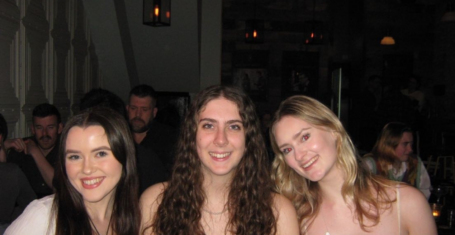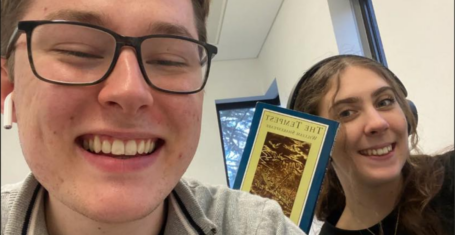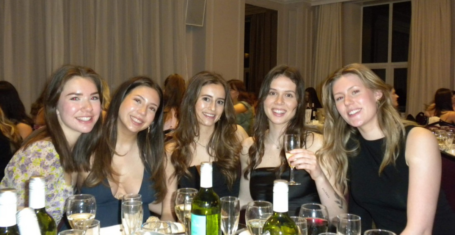
Kony 2012: Bringing Politics to the People
The greater implications of the KONY2012 campaign and the beauty of political social media.

First came the preachers: ‘Help save the African children, make Kony famous!’
Then came the cynics: ‘There are so many problems to face, this is one of many’
Now we’re starting to face the critics of this viral Kony 2012 campaign: ‘where do you think your money's going? Who are you really supporting?’
And the problem is…they’re all right. ‘Inform yourselves people!’ Scream the academics and politicos, ‘there’s more to this issue than you think’. Those who didn’t get swept away in the Kony inundation aim their comments at bandwagon jumpers internet wide. But with a campaign such as this, can you do anything but join the band wagon?
The campaign had 4 trending hashtags on twitter, and it’s just that; a trend. All you can hope is that once the phase has passed, some people will have decided that they want to make a positive difference further afield than Facebook.
Some of the perhaps better informed regard with pity those who have been sucked in by a very well edited half hour video clip. ‘We must examine the details’, they insist, ‘the money isn’t going where you think it’s going, this organisation is corrupt’. We could theorize and debate and tut at the world from our institutions of higher education, but then we would be missing the real message of Kony 2012.
There are flaws in every issue brought to the political stage, and many of those issues are being discussed and debated in the back rooms of Washington and Brussels, and will continue to be for years to come. People are taking action on this issue now. The more people care, the more pressure on politicians to address the issue.
Yes Joseph Kony is an evil man. And yes, there are atrocities happening in Africa which must be stopped. But one of the greatest political aspects of this whole campaign is that Joe Bloggs, a farm hand from east Sussex, now knows about Joseph Kony. Jane Doe, a hairdresser from Leeds has cared more about international politics in the last 24 hours than she has ever done before. Does she know all the facts? No. Does she know where the money’s going? Unlikely. But would she, given the opportunity, join a protest down her road or sign a petition in her local coffee shop? Probably. Yes.
This form of participation isn’t giving money to dubious organisations or representing false information. It’s the recognition that something is wrong and that she wants the government to do something about it. This campaign is prompting people to go over the heads of potentially murky NGOs and their agendas to our representatives who have the resources to affect real and effective change.
There will always be problems with a project like this. But should those problems stop people from advocating an issue? Of course not. If you’re going to jump on a bandwagon, which in the age of social media we all do, it might as well be one for a good cause. Over the past year social media has mobilised populations in ways we have never seen before, the Arab Spring, the fight for democracy. We have new ways for our voices to be heard and it looks like the western world has chosen to speak up not for a cause of our own, but of someone else.
So save the cynicism and marvel at the power of people. I’ll save you a seat on the bandwagon.









































